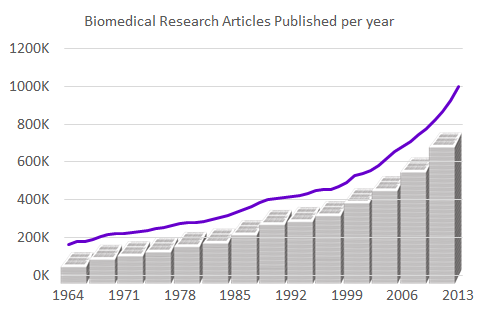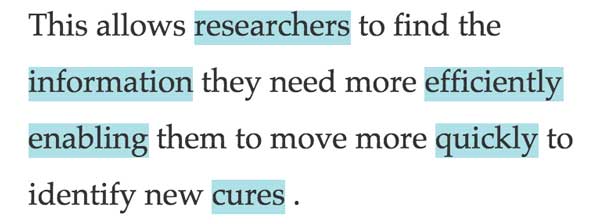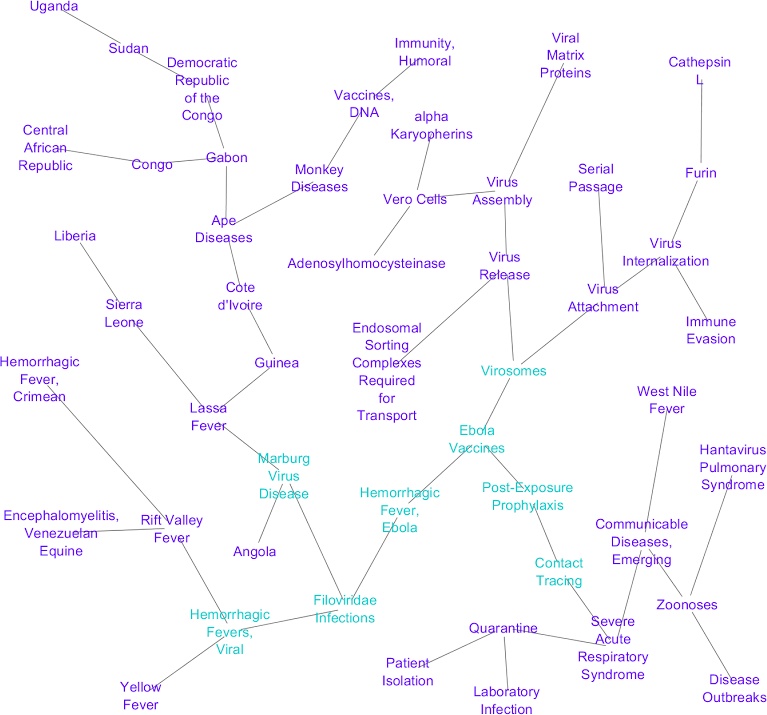What is Mark2Cure?

Mark2Cure allows anyone that can read English, regardless of background, to help in the process of biomedical discovery.
Scientific literature is growing at a rate of more than 2 new articles every single minute. It is hard for scientists to know what to read and to read everything that is relevant.
You can help them by identifying key pieces of information in scientific text.

How exactly does Mark2Cure work?
Mark2Cure works by teaching citizen scientists to precisely identify concepts and concept relationships in biomedical text. This is a task that anyone can learn to do and can perform better than any known computer program. Once these tasks are completed, advanced statistical algorithms take the data provided by the volunteers and use it to provide scientists with new tools for finding the information that they require within the sea of biomedical knowledge.
For example, scientists often have questions like “How might one disease, say Ebola, be related to another disease, say Dengue Fever?”. Such connections may not exist in any one scientific article. By specifically identifying what diseases (and perhaps other concepts) are represented in each article, it may be possible to find hidden connections. These hidden connections form the basis for most important new discoveries.

What are the goals of Mark2Cure?
Ultimately, Mark2Cure aims to identify key terms in ALL biomedical research abstracts enabling researchers to identify new relationships and ideas that would otherwise remain hidden.
However, every ambitious project needs an attainable starting goal.
For Mark2Cure, this goal is to highlight concepts in rare genetic disease research literature. Historically, rare genetic disease researchers have relied heavily on patient communities and foundations to fund their work. Many of the discoveries on rare genetic diseases would not be possible without the highly active and extremely dedicated community of patients/parents of patients. Mark2Cure invites everyone, especially members of these communities, to help researchers spend less time studying research literature, and more time finding a cure.
Why should you join Mark2Cure?
- Keep your mind sharp and flex your brain for a great cause!
- Learn something new!
- Help advance biomedical research!
- Help others while enjoying citizen science!
- Improve your critical reading skills, sharpen your reading comprehension, and build your biomedical vocabulary!
- Put your love for biomedical trivia to work!
- Prove that humans are still better than machines!
- Help change the 'I' in 'Illness' to 'We' in 'Wellness'!
- Influence the selection of future Mark2Cure biomedical research areas
What is the Current Status of Mark2Cure?
Mark2Cure is currently on its NGLY1 Campaign. The goal of this campaign is to organize information for researchers studying NGLY1 deficiency. Mark2Curators already demonstrated in the beta experiment that citizen scientists and volunteers can and are willing to help. Now we must demonstrate that the help given by Mark2Curators can make a difference for researchers studying NGLY1
What is NGLY1 and how can Mark2Cure apply?
N-Glycanase 1 deficiency is an extremely rare genetic disorder with less than 40 known cases worldwide. As of April 2015, there were less than 15 articles on this disease indexed in pubmed; hence, researchers need to investigate potentially related literature in order to find more information. Since many of the symptoms of NGLY1 are observed in other disorders the number of potential related articles can easily balloon into an unmanageable number. Working with NGLY1.org and NGLY1 researchers, Mark2Cure has identified a set of 10,000 documents of interest. Your help is needed to organize information in this set of docs. Visit http://Ngly1.org to learn more about this extremely rare disease.